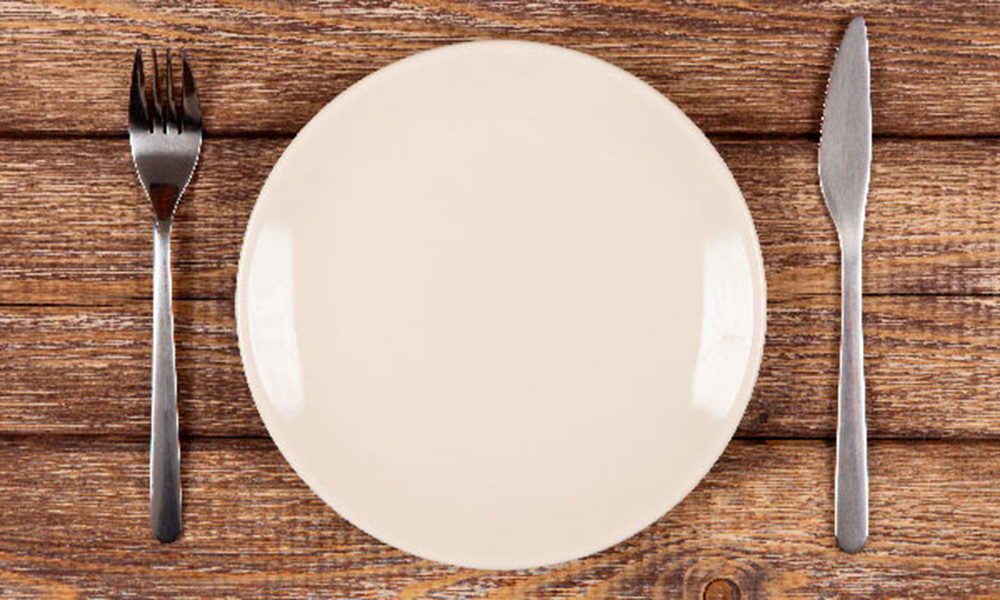
Animals will periodically fast. They do so during hibernation, mating, and migration. Sometimes, during illness, they will also fast. During this time their insulin resistance is heightened in order to preserve glucose stores in the body. For these animals, going without food, short- or long-term, is instinctive and built into their DNA. On occasion, animals will fast when they know death is near.
People are not as connected to their instincts as are animals. Instead, they rely on what they read, are told, or have deduced. The problem is that misinformation is just as easy to come by as facts. This makes it difficult to discern the best course to take if one wants to fast. How long should one fast? How often should one fast? Is it even prudent to fast?
Intermittent fasting has become a hugely popular approach to lose weight and stay fit. Sadhguru explains how this has always been part of the Yogic culture and he describes the right way to go about it for maximum health benefits.
Sadhguru: I have been talking about this for forty years and I have seen hundreds and thousands of people who just become healthy and well simply because they are not fueling up all the time, when their tank is already spilling. In the Isha Yoga Center, everybody eats at 10 o’clock in the morning and then at 7 o’clock in the evening. Our lives are very physically active. There are no automobiles inside the ashram and it is a large place so everybody either walks or cycles. Even if you have to go to the dining hall, it is a one kilometer walk. If you want to go to your workplace, it is a half a kilometer to one-kilometer walk, so people are physically active all the time. By 3:30, 4 o’clock in the evening, everybody is very hungry. But we learn to live with that because having an empty stomach is a good thing.
Benefits of Intermittent Fasting
Intermittent fasting is a new name. What we have known by experience in the Yogic sciences, today modern science also is coming in-line with it. Your body and your brain work at their best only when your stomach is empty. We always make sure that we eat in such a way that however much we eat, our stomach must always be empty within two to two-and-a-half hours’ time. For any correction and purification that needs to happen in the body, your stomach needs to be empty. This is very important. Otherwise, the purification on the cellular level will not happen. You will pile up things and then you will get all kinds of problems. The first thing is that the inertia in your body will increase. There are many levels of inertia, but one thing you can notice is sleep. The amount of sleep that you need is inertia.
All American doctors say that you must sleep for a minimum of seven to eight hours. That means that you slept away one-third of your life. Another three-four hours are spent in bathing, toilet, eating and other things, so literally fifty percent of your life is just maintenance. Suppose you have a motorcycle or a car, and if it goes to service one day in a month, it is alright to keep it. But if it goes to service fifteen days in a month, this is a nuisance, isn’t it? Most people have made their systems into a nuisance. Their own body is a big impediment in their life. Their body will not allow them to do what they want to do.
There are many aspects to this, but one important aspect is that people are eating much more than what they should, simply because they have been told, “You must eat more; otherwise you will become weak.” Today everybody is trying to work towards a more fuel efficient car. This means that if the machine runs smoothly, it will consume less fuel. If you sit here and you are very much at ease, now it will consume less fuel. If you are not at ease, then the body will consume more fuel, it will want you to eat and the act of eating will become compulsive.
Intermittent Fasting Plan
If you are over 30 years of age, two good meals a day will suffice – one in the morning and one in the evening. There must be three hours after the evening meal, before you go to bed. If this includes at least 20 to 30 minutes of light physical activity – such as simple walking – your system will largely be healthy.
In Yoga, a minimum of eight hours’ gap between one meal and the next meal is recommended. If you do this, you will see that, whatever health problems you have, a minimum of fifty percent will go away in six weeks’ time. If you have a little yogic practice, something meditative within you, then you will see that ninety percent of your problems will go away. If ten percent still persists, we can treat it.
You should see how people come to our programs in United States. Our programs will run ten to twelve hours, so they will come with some biscuits and something else. They say, “I have sugar intolerance. I have to eat.” I tell them, “You just be here, you are not going to die.” I will ensure that because I do not want anybody dead on my hands! On the first day they say, “No, no, no, I have to eat.” By the third day, they gave up all that and they sit there for twelve hours without food and they are perfectly fine.
Health is not something you can do from the outside. Health is something you have to do from within. You can seek some help from outside when something goes wrong, but if all the time something is wrong with you, this means that you are a faulty machine. Now the healthcare systems have become like this – especially where there are heavy insurance policies – people are eating and drinking all kinds of rubbish, and go to the doctor and say, “Fix me!” This is not how it works. Every cell in your body is designed to create health. They are all working hard to create health, except you.




